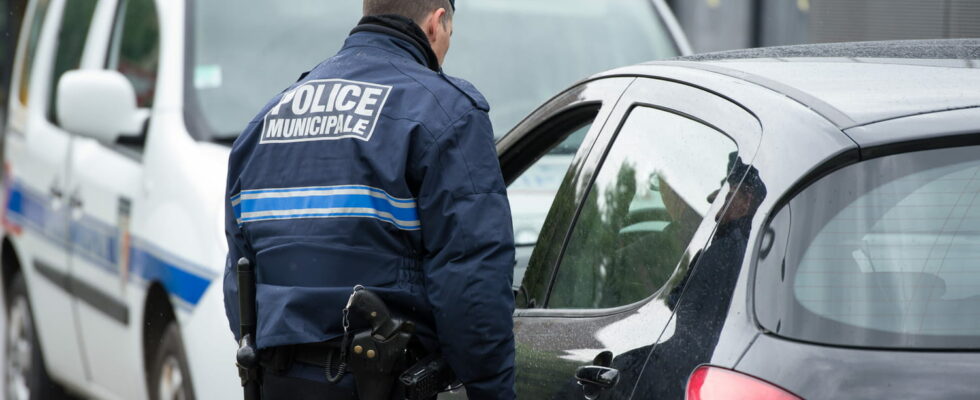During police checks, some people sometimes panic and lose all their composure. This can be detrimental sometimes, especially if you answer next to this question asked…
Being stopped by the police or the gendarmerie on the roads is quite common in France. In general, during a road check without particular reason, the police check that the vehicle’s papers are in order, and ensure that the driver does not represent a danger while driving. This normally lasts just a few minutes, if there is no violation noted. A fairly short time, during which most motorists cooperate easily while remaining calm. And then, there are other drivers, who, taken by surprise, give in to panic even though they have nothing to blame.
For them, police checks are synonymous with a stressful situation, which may be understandable, but which unfortunately can also harm them at the time. Indeed, as you know, when you are stopped, the police officer ensures that procedures are followed and systematically asks certain questions to assess the situation. One of these questions is in itself quite banal, but in reality, it is a trick question that many police officers ask at the start of the check, namely: “Do you know why we arrested you?” Of course, there are other variations like “I suppose you know why we arrested you?”
To this question, it is in your best interest to answer “NO” in a neutral manner. Because by asking this question, the officer is testing your honesty and in general, he is waiting to see whether or not the motorist is aware of having committed an infraction. However, it is better to play innocent and then admit the facts, because you do not yet know the main reason for this traffic stop. It may indeed be a trivial question, but it can turn against you if you immediately admit to having taken a look at your smartphone, when the police stop you to simply check your papers, or for a speeding.
If you have nothing to reproach yourself for, the interview will end quickly, but above all, there is no point in making excuses or denying the facts when the police tell you that you drove too fast or that you ran a red light. And often, the police or gendarmes know how to be understanding. So, if you are indeed at fault, after having initially answered “NO”, you can admit your fault by making a little mea-culpa. By recognizing your mistake, you may be able, depending on the situation, to obtain leniency from the police officer.
